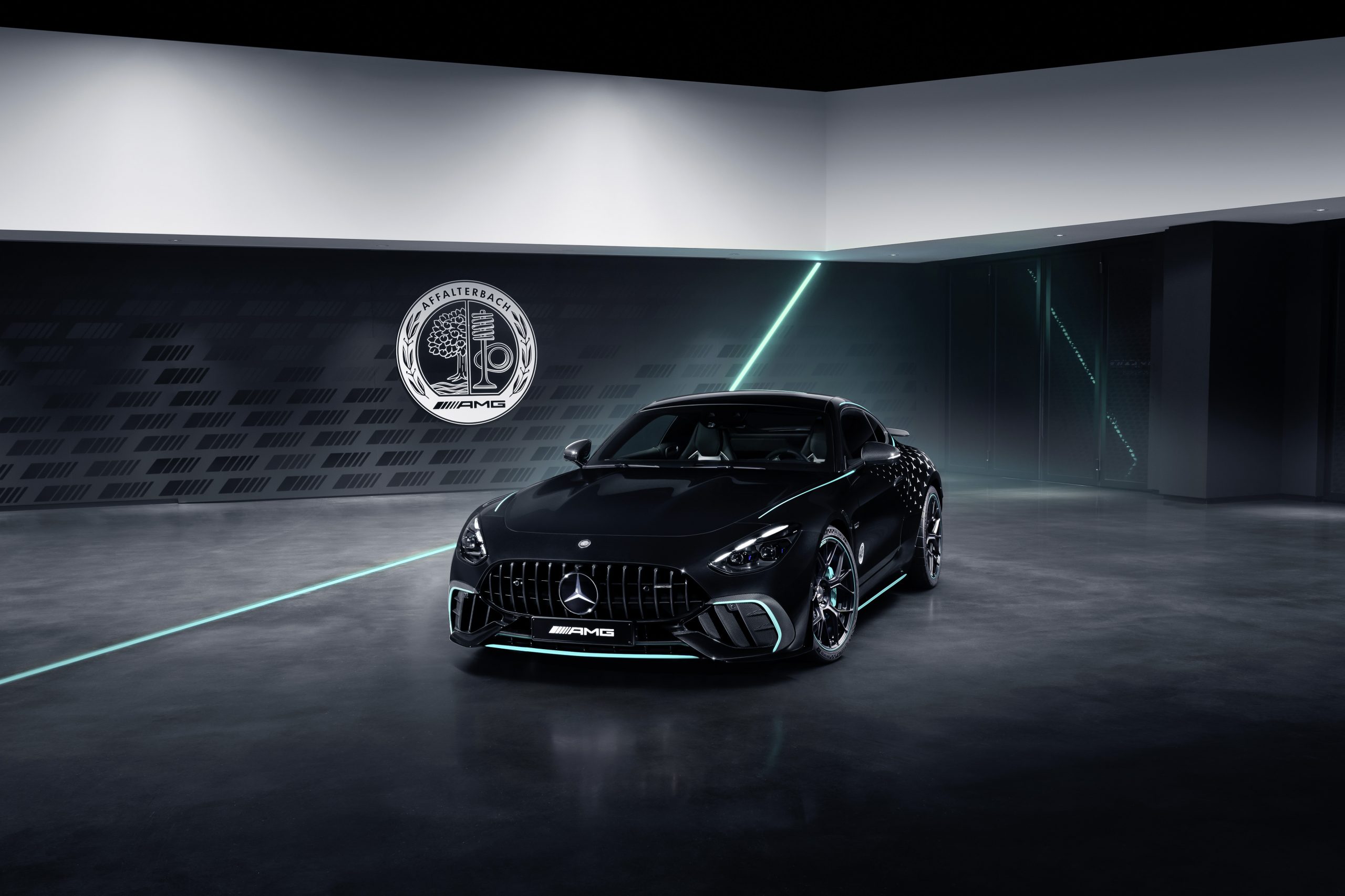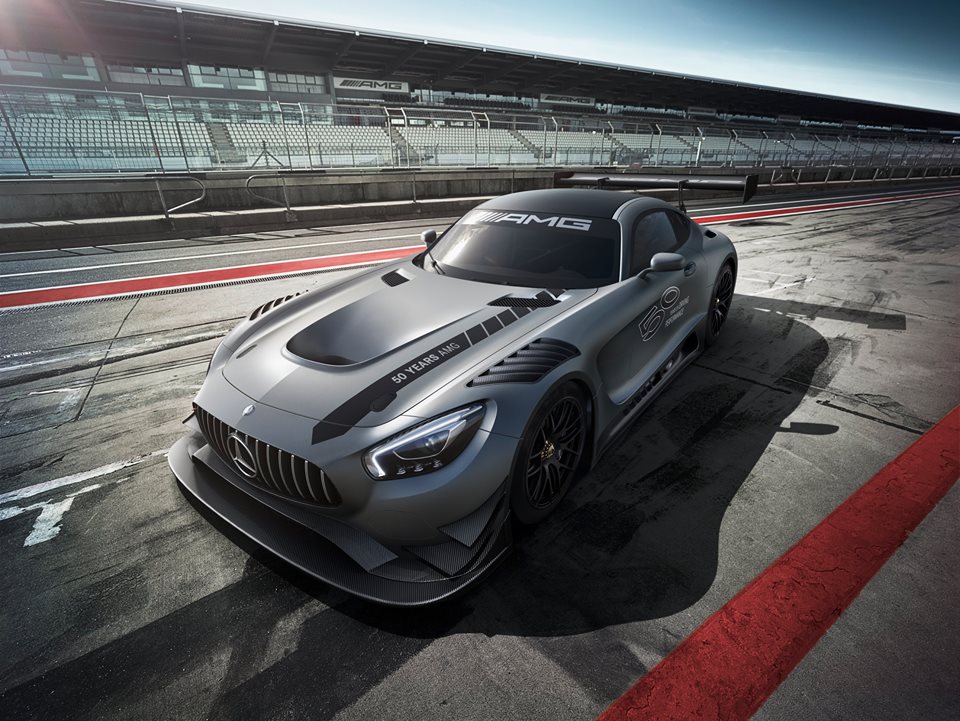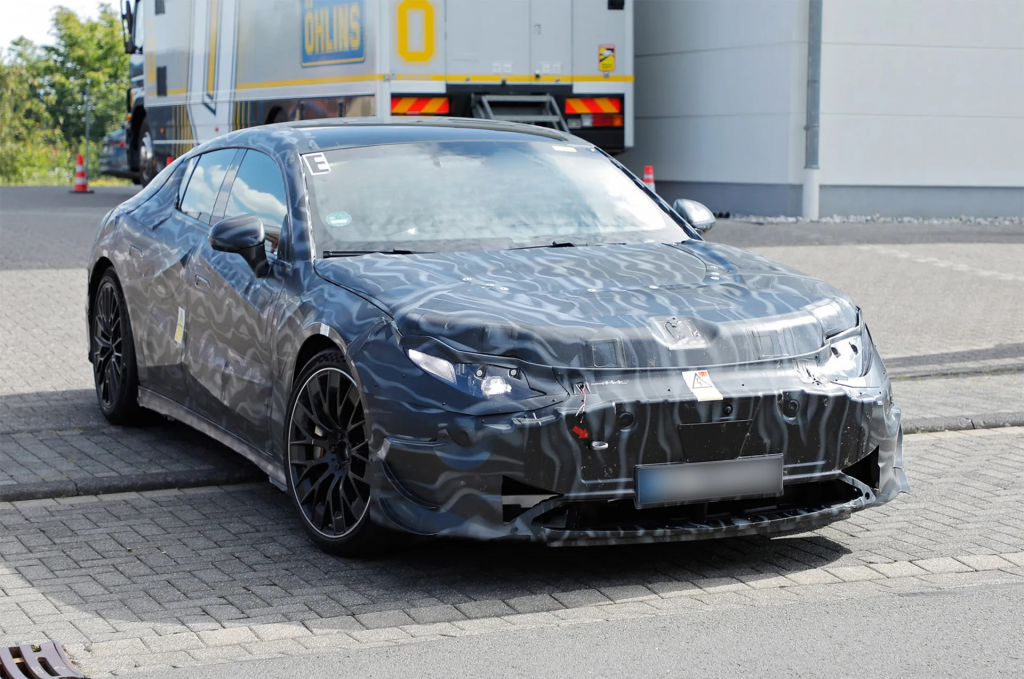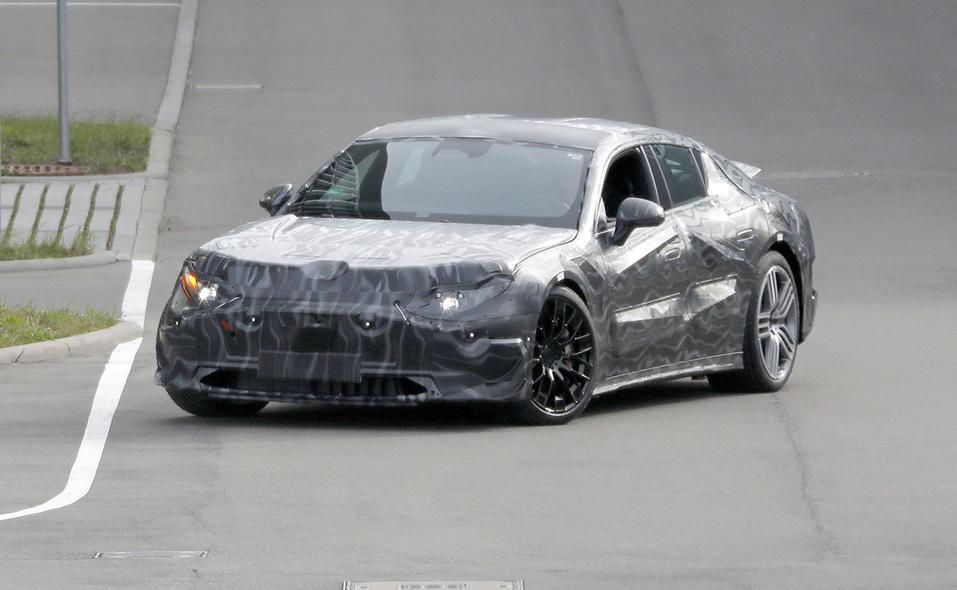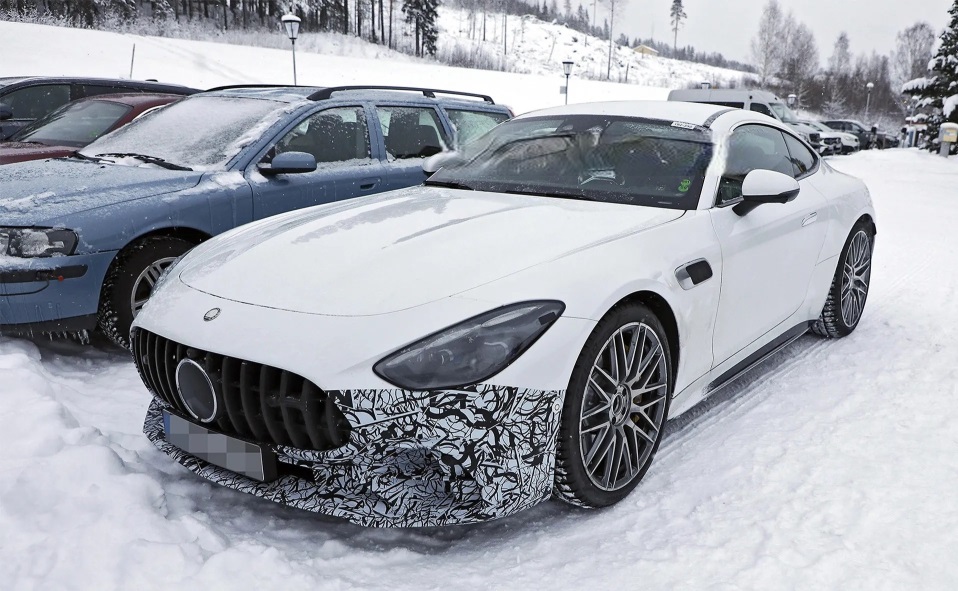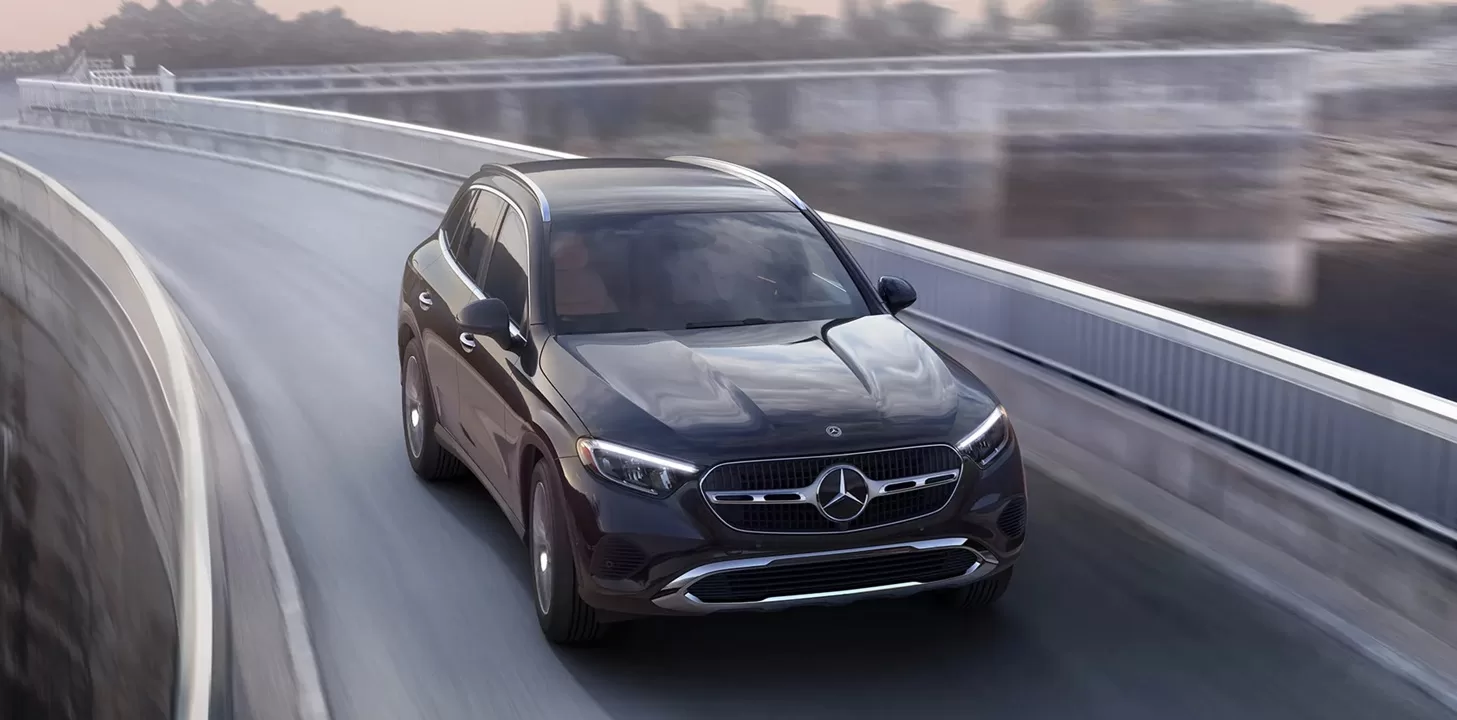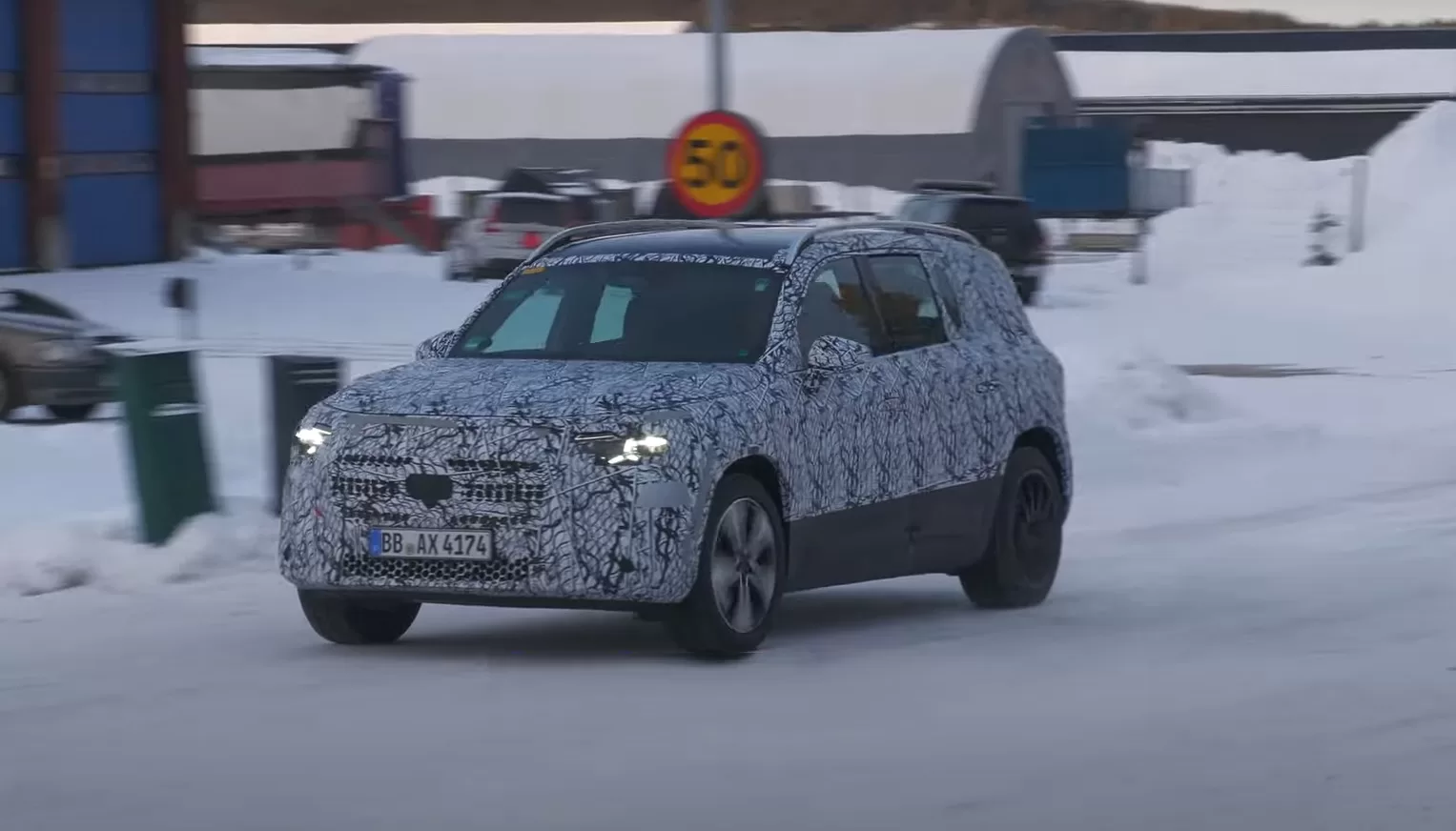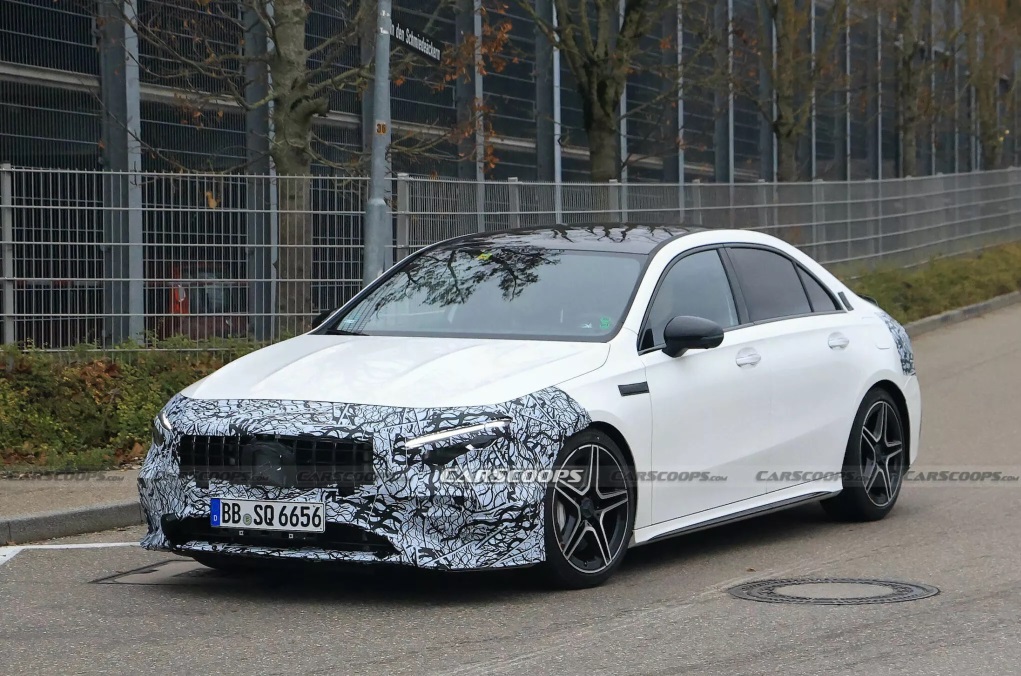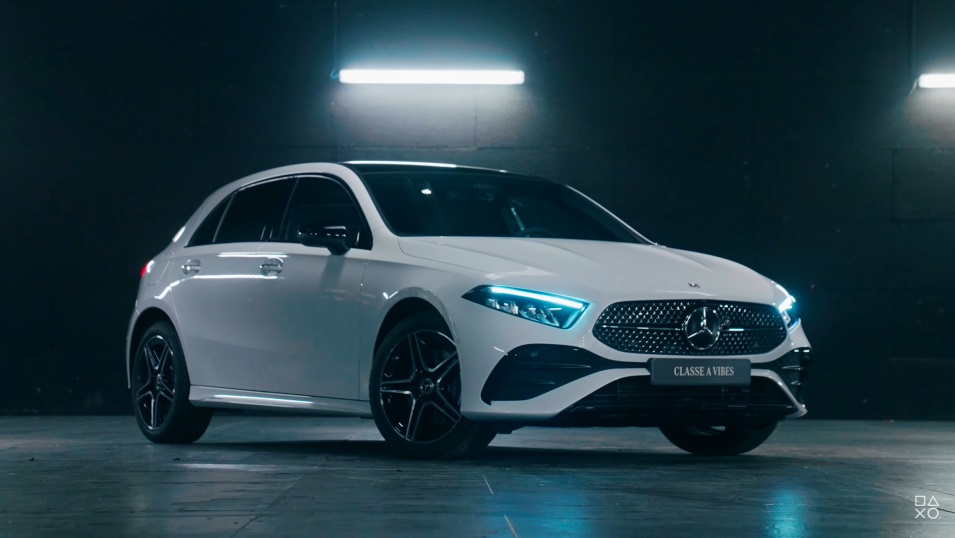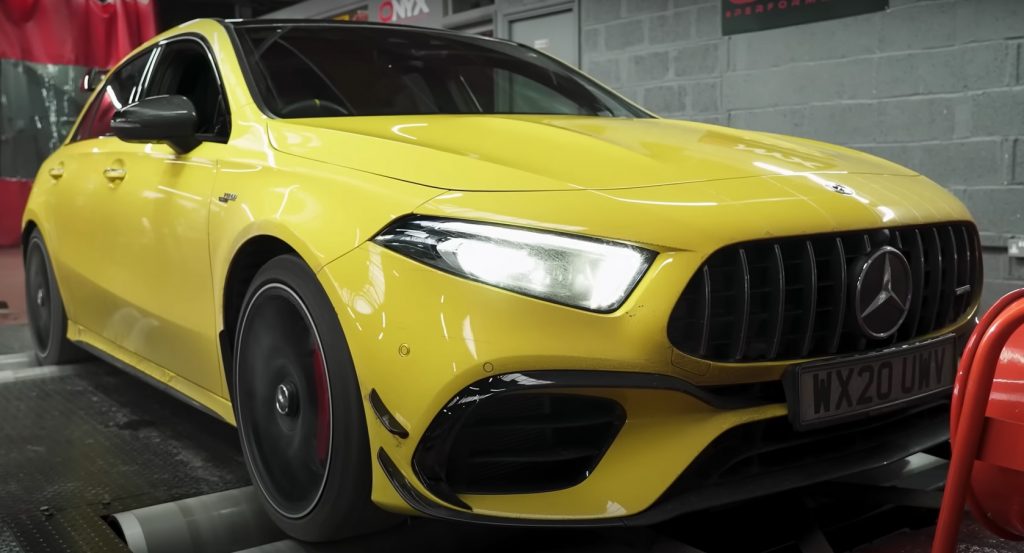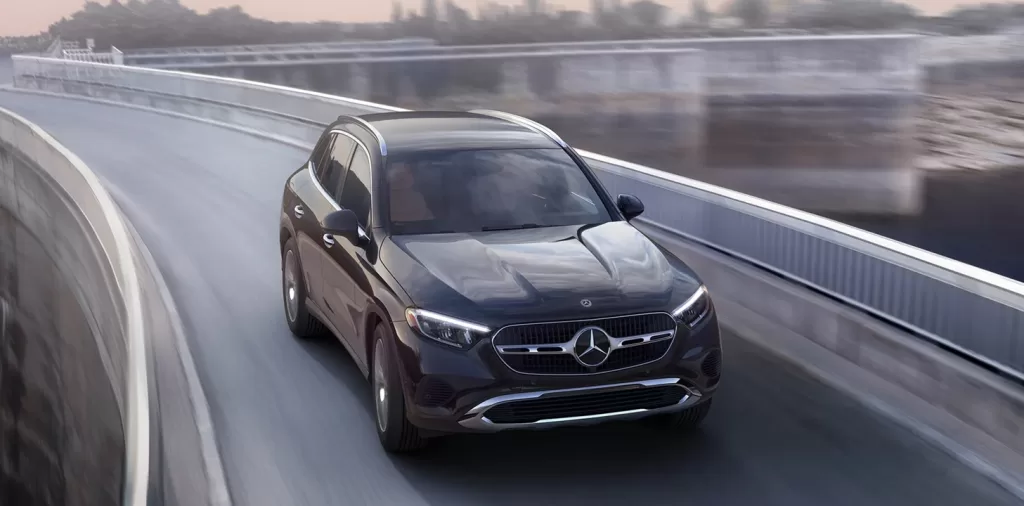Mercedes-Benz is known globally as a leader and pioneer in road safety. It always raised the bar with its constant innovation and engineering excellence.
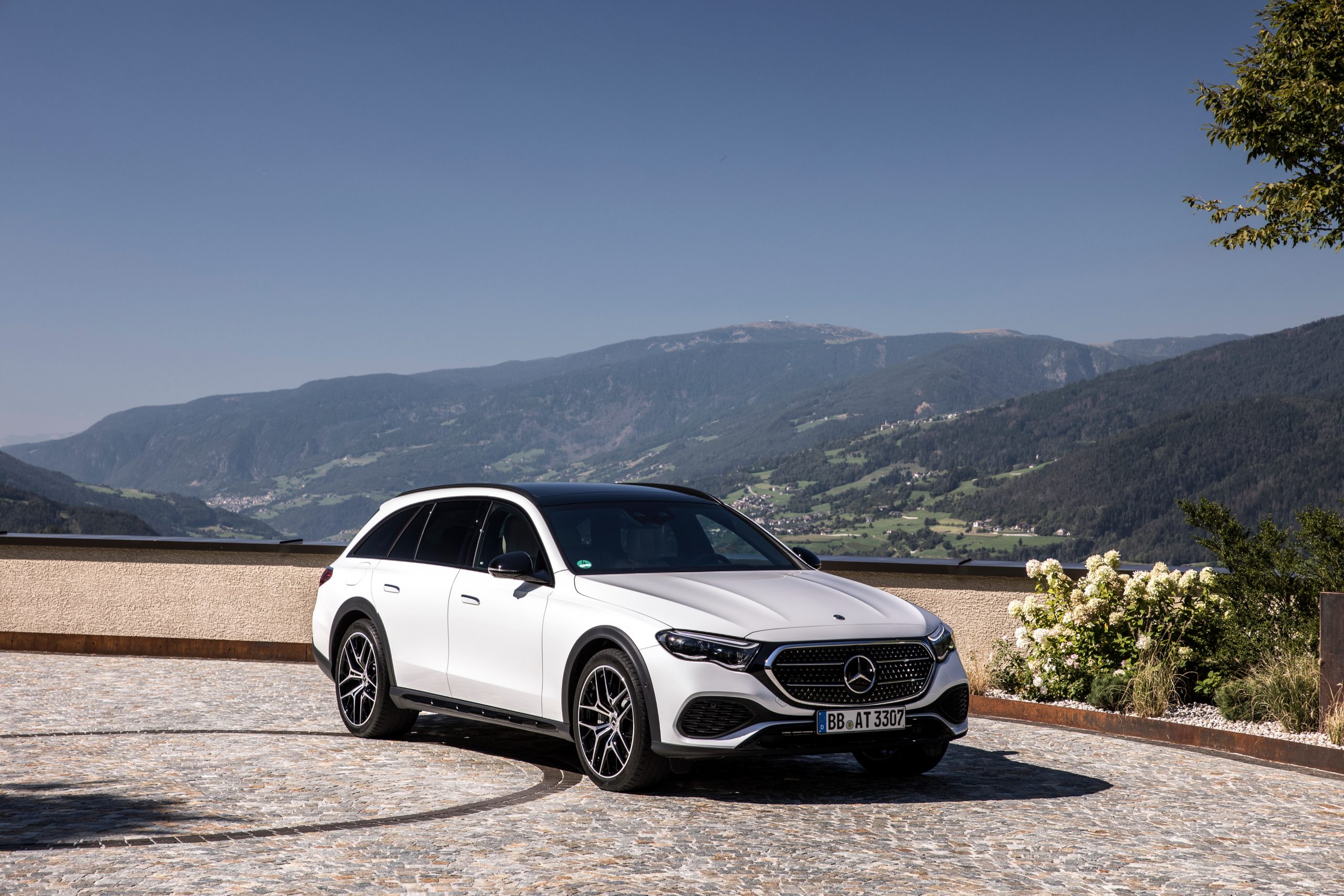
Here’s a look at the factors that contribute to the company’s status as one of the safest car manufacturers out there.
Innovative Safety Technologies
Over the years, Mercedes-Benz has become the basis of industry-standard safety technologies. Some of them include:
a. Pre-Safe System: Pre-Safe System uses advanced sensors to detect imminent collisions. The system takes preemptive measures when it detects the possibility of a crash to brace the passengers for impact by tightening the seatbelts, adjusting the headrests, and closing the windows. This system minimizes the risk of injury in the event of an accident.
b. Collision Prevention Assist Plus: This technology utilizes radar sensors to measure the distance between your auto and the vehicle in front. It triggers visual and audible warnings when it senses an impending collision. The tech even initiates autonomous braking to dampen the impact or try to prevent the collision.
c. Attention Assist: Attention Assist continually monitors your driving behavior and provides alerts if it detects signs of drowsiness or inattentiveness. This feature plays a role in thwarting driver fatigue-related accidents.
Rigorous Crash Testing
Mercedes-Benz models undergo extensive testing under various collision scenarios before they are rolled out to the market. These tests range from the evaluation of the vehicle’s structural integrity and the effectiveness of its safety systems.
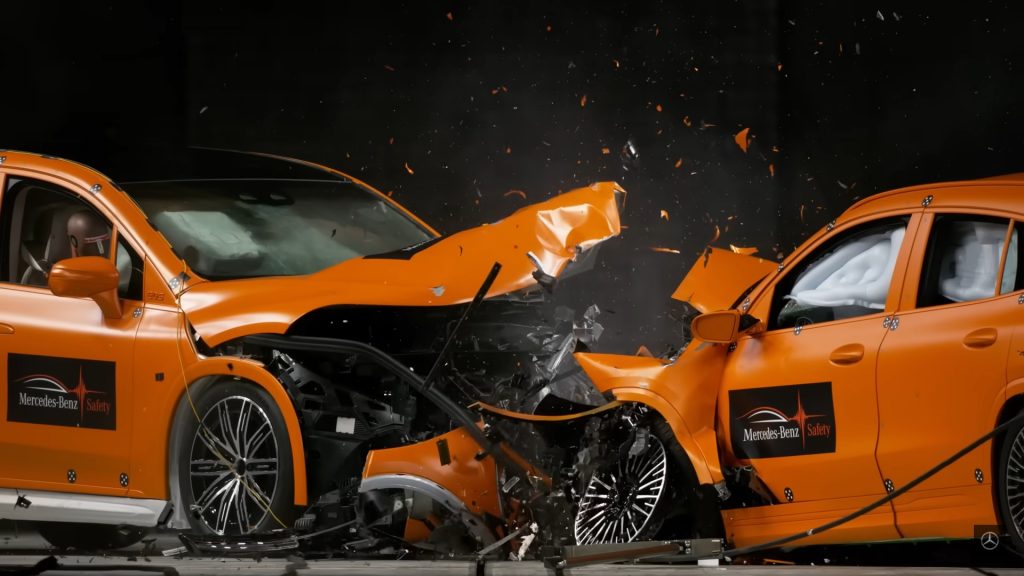
Additionally, the company collaborates with research institutions for in-depth analyses of real-world accidents to improve vehicle safety. This helps it identify new safety risks and develop solutions for them.
Advanced Airbag Systems
Mercedes-Benz equips its vehicles with advanced airbag systems to offer optimal protection in a crash. These include:
a. Adaptive Front Airbags: These airbags deploy with varying force based on the severity of the collision and the position of the occupants. This adaptive feature reduces the risk of airbag-related injuries.
b. Side-Impact Airbags: Mercedes-Benz vehicles are equipped with side-impact airbags that deploy from the sides of the seats to protect the chest and pelvis during side collisions.
c. Curtain Airbags: Curtain airbags deploy from the roof lining, creating a protective curtain along the windows. They offer additional head protection in side-impact and rollover accidents.
d. Knee Airbags: Some models feature knee airbags that provide extra protection for the driver and front passenger in the event of a frontal collision.
Structural Integrity
Mercedes-Benz places a strong emphasis on the structural integrity of its vehicles. The chassis and body structures are engineered to absorb and distribute crash forces effectively, minimizing the impact on occupants. High-strength materials and reinforced safety cells contribute to the overall strength of its cars.
The structural design ensures that crumple zones absorb energy in a collision while the passenger compartment remains as intact as possible. This design principle helps protect the integrity of the cabin, reducing the risk of injuries.
Active Safety Features
Mercedes-Benz incorporates a range of active features designed not only to protect the driver and passengers but also to reduce the likelihood of accidents.
a. Active Brake Assist: This system uses radar and camera technology for monitoring the road. If it detects a potential collision and the driver fails to react, it can autonomously apply the brakes to avoid or mitigate the impact.
b. Blind Spot Monitoring: Mercedes-Benz vehicles are equipped with sensors to detect vehicles in the driver’s blind spots. Visual and audible alerts help prevent dangerous lane changes.
c. Lane Keeping Assist: Lane Keeping Assist systems monitor road markings and provide steering assistance to keep the vehicle in its designated lane. This helps prevent unintended lane departures and potential collisions.
d. Adaptive Cruise Control: The advanced cruise control system not only maintains a set speed but also adjusts the vehicle’s speed to maintain a safe following distance from the vehicle ahead. It can automatically slow down and accelerate in traffic to reduce rear-end collision risks.
Pedestrian Protection
The commitment of Mercedes-Benz to safety extends beyond the vehicle. The company has developed innovative pedestrian protection systems designed to reduce injuries in accidents involving pedestrians. These systems use sensors and cameras to detect people in the vehicle’s path and can initiate autonomous braking to prevent or mitigate collisions.
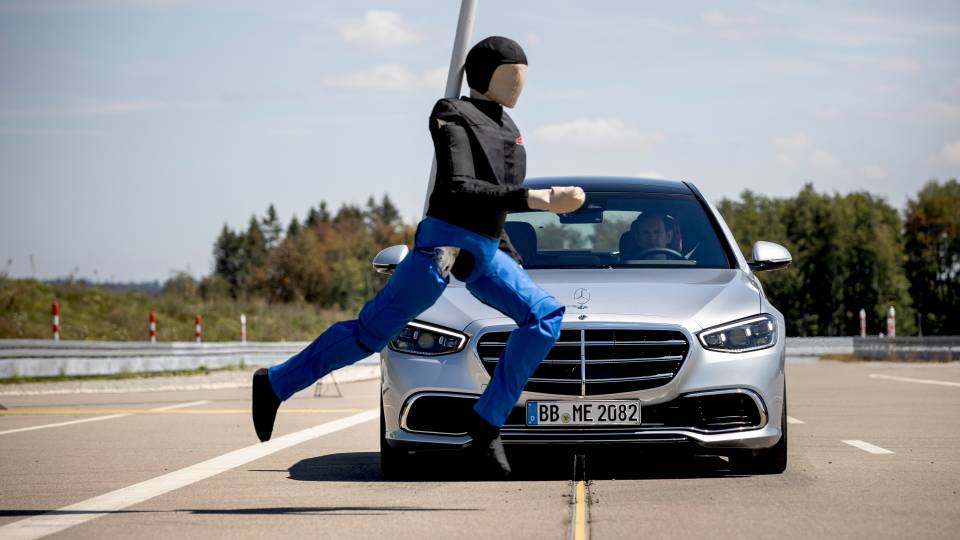
As exemplified in its vehicle’s pioneering features, the luxury automaker’s commitment has earned it a reputation as one of the safest car manufacturers in the world. With a legacy of excellence in safety engineering, the three-pointed star marque continues to lead the way in making our roads safer for everyone.


